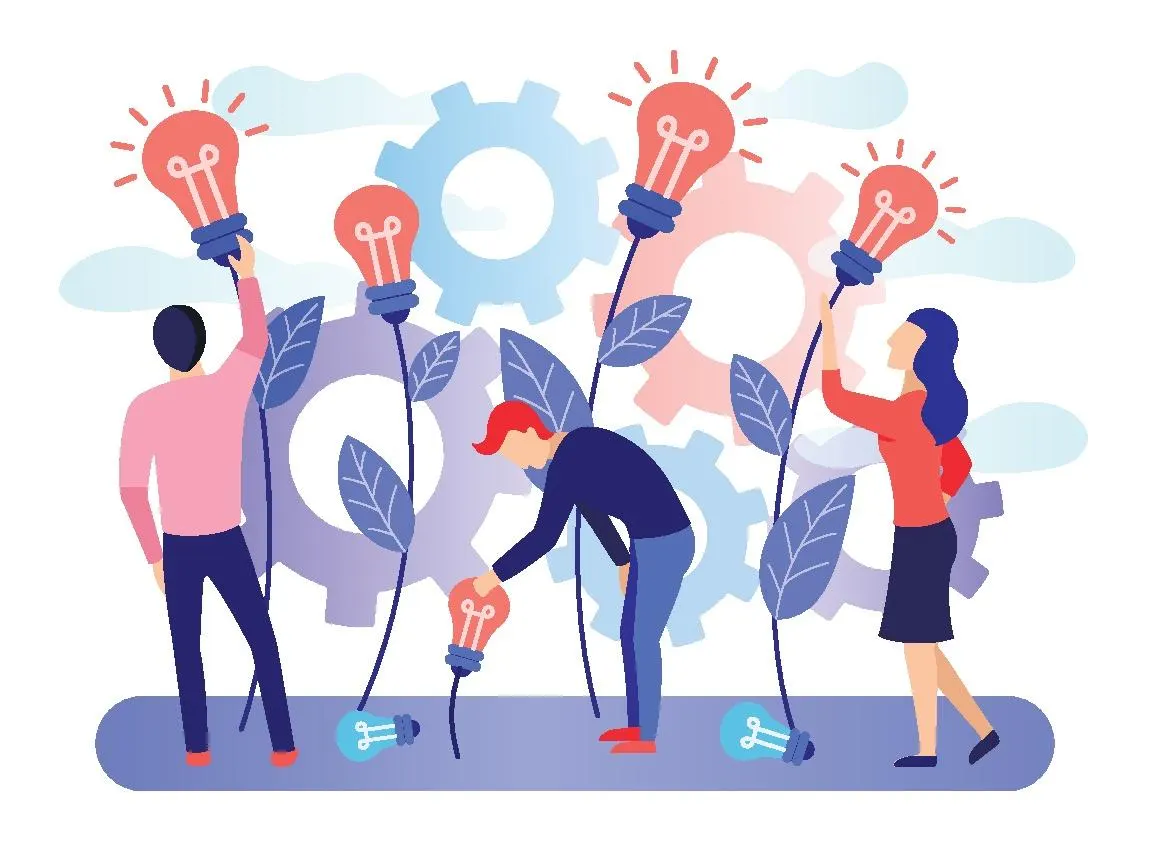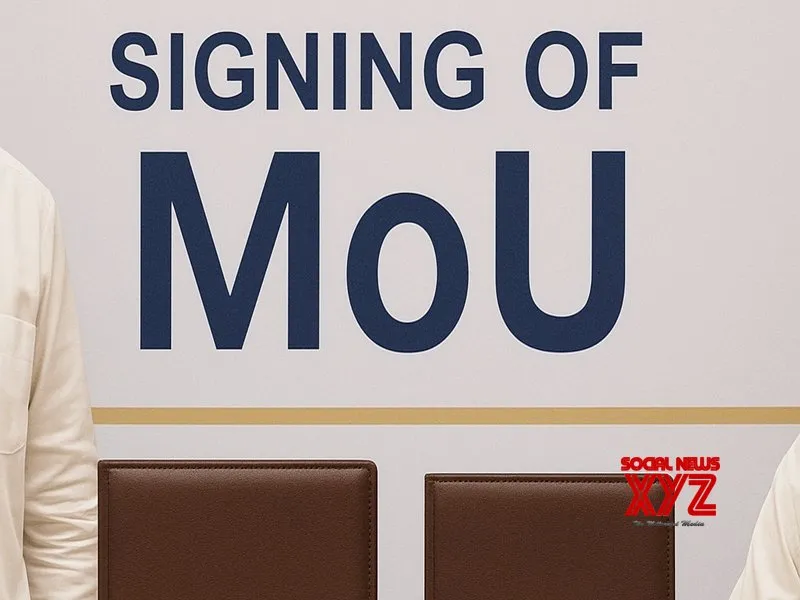Copyright Forbes

Have you noticed how, every few years, the way we value work seems to reinvent itself? One minute, everyone’s talking about the gig economy. Then it’s the creator economy. These upcoming economies are not driven by viral fame or side hustles. They’re driven by connection. According to McKinsey, 71% of consumers now expect personalization in their interactions, and 76% become frustrated when they don’t get it. Chasing attention will always be here as long as social media lives on. The next economies, however, focus on creating meaning. Recommerce Economy It differs from typical resale sites by focusing on verified items. MarketNtel projects the global recommerce market will surpass $289 billion by 2030, reflecting a massive shift toward sustainability and reuse. These numbers hint at something deeper: consumers aren’t just spending differently. They’re thinking differently, especially about cost savings and sustainability. MORE FOR YOU “Recommerce is an outgrowth of the secondhand marketplaces that initially sprang up online [think Facebook Marketplace and Craigslist],” explains Ben Norment, cofounder and CEO of Stork Exchange. “Everyone has had a bad experience with those original marketplaces where something wasn’t quite what they expected. That created a lot of friction in the market, and people started demanding a better way to access these products, but with some kind of oversight in place. Allowing consumers to trust in what they purchase encourages people to view recommerce as a comparable channel to retail.” What’s driving it: Economic pressure—Inflation, tariffs and cost sensitivity push consumers toward better value. Sustainability—Consumers and brands are increasingly conscious of waste and carbon implications. The recommerce economy still faces growing pains. Authenticity remains a major concern, with counterfeit goods and misrepresented products weakening buyer confidence. Inventory is also unpredictable. Unlike traditional retail, resale supply can’t be easily forecasted. And for some legacy brands, there’s the perception problem: resale may seem to dilute prestige or threaten full-price sales if not carefully managed. “The question we want to ask is, ‘How do we maximize the number of times an item is reused before it’s disposed of?’” Norment continues. “Reselling returns is just step one in the recommerce journey, but how can we facilitate customers to then go out and resell that item to be used again and again? Part of this is product design to ensure durability. Part of that is the availability of spare parts for repairs. And part of that is access to the resale channels themselves.” Context Economy The context economy focuses on delivering experiences tailored to each individual customer rather than broadcasting general content. It’s less about volume of content and more about precision of relevance. Content becomes signal; context becomes the currency. “This economy is a permanent shift in how brands relate to buyers, in which value is created not by what brands publish, but by how intelligently they adapt to what their customers want,” Neha Sampat, founder of Contentstack. “To compete in the context economy, leaders and marketers must move from what they want to sell to what customers want to buy. It’s a shift that demands experimentation, systems thinking and a comfort with constant change.” BCG stated that in global research, four-fifths of consumers say they are comfortable with personalised experiences, and most expect companies to offer them. What’s driving it Consumer expectations—In a noisy digital environment, generic content fails. Users expect the brand to “know me.” Technology enables it—AI, customer data platforms and real-time analytics allow more immediate, tailored experiences. “From a technology perspective, you need two things,” Sampat states. “One, the ability to capture customer data in real-time, and two, brand-aware agentic AI that can create and curate experiences for visitors in the moment.” The context economy comes with its own set of challenges. As personalization deepens, so do privacy and ethical risks. Delivering true context at scale also demands complex integrations, data maturity, and a complete shift from simply pushing content to intelligently pulling context. When brands overpromise personalization but fail to deliver, the result is often a breach of trust that’s hard to rebuild. Credibility Economy The credibility economy is an offshoot of the creator economy. Instead of simply “get big fast, amass views,” this economy emphasizes authority and long-term value. It’s about creators who build perceived reliability rather than just financial assets. These professionals monetize their brands not just through ads but also through speaking, coaching, partnerships, IP and consulting. “In the creator economy, visibility is a really easy find, credibility isn’t as much,” shares Gigi Robinson, founder of Hosts of Influence LLC. “It’s when your audience believes you enough to act on your advice, not because it’s trending, but because it’s true.” A BBB survey shows 82.7% of U.S. marketers used influencers in 2024, indicating that the creator credibility segment is enormous. What’s driving it: Attention economy fatigue—Audiences are tired of shallow virality, over-polished feeds, hype without substance. Value of expertise—Especially in uncertain times, people look for guidance they believe in. The credibility economy isn’t without tension. Many creators feel pressure to appear credible before they’ve truly earned it. Even when creators get it right, measuring credibility remains elusive, relying more on repeat partnerships, genuine engagement and real impact than on follower counts or viral reach. Robinson explains, “The creators who are winning right now aren’t just creating content, they’re building businesses from it. It’s about building an ecosystem where your ideas make money for you, instead of just trying to upkeep your image.” Intimacy Economy The intimacy economy moves beyond mass attention; it’s built on meaningful connection. Being seen is overrated. This is about being known. In digital terms, creators or brands build experiences that make people feel remembered and valued. “Authenticity is about showing who you are,” says Dor Isseroff, COO of Tango. “Vulnerability is about what you reveal. But intimacy is about what happens between people. In the attention economy, success is measured by scale: clicks, impressions and virality. In the intimacy economy, success looks different. It’s about depth over breadth.” FemTech World defines it as “market systems where personal and emotional data are exchanged for customized experiences catering to individual emotional and psychological needs.” In platforms where audience-creator relationships are more direct (live streaming, community subscriptions, personalized interactions), intimacy becomes a differentiator. What’s driving it: Monetization models shifting—Fans are willing to pay for meaningful access and community, not just content. Emotional context matters—People seek belonging, recognition and personal meaning in an increasingly digital world. The intimacy economy carries emotional and ethical risks. When personal lives blur with professional personas, the potential for emotional harm grows. Maintaining genuine depth becomes harder as audiences expand. And as emotional data itself becomes monetized, it raises deeper questions about consumer protection. “Creators are constantly expected to be charismatic and emotionally available online, but performing this continuous authenticity is exhausting,” Isseroff states. “They need to truly separate their personal self from their profitable persona.” MORE FROM FORBES Forbes3 Ways To Deal With Hypersensitive Co-Workers To Create A Healthy Work EnvironmentForbesWhat A Company’s Communication Style During The Hiring Process Reveals About Its Culture



